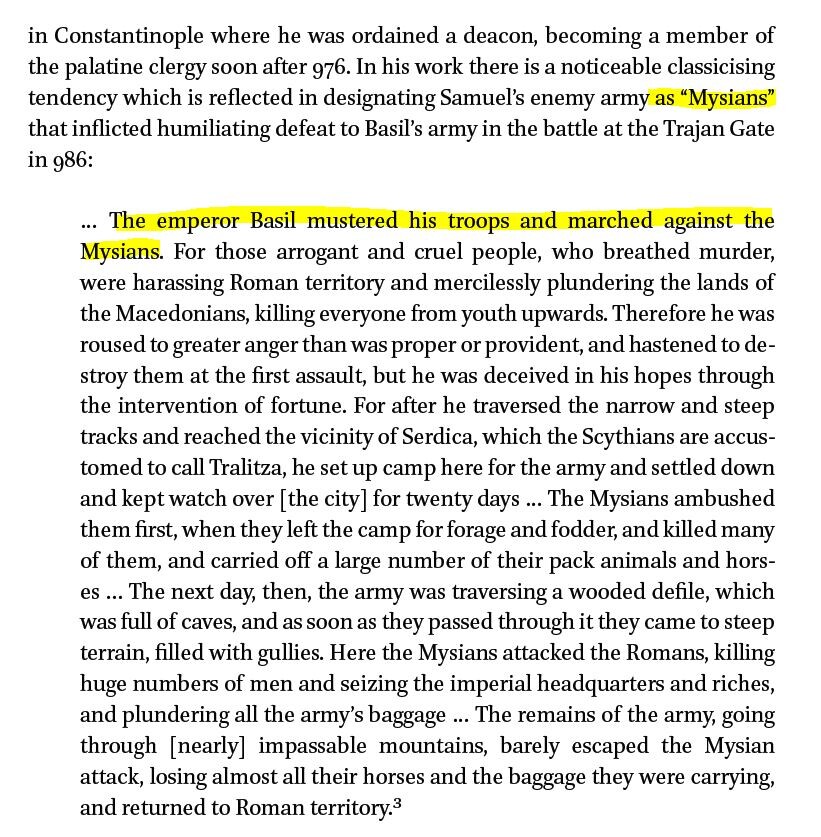Originally posted by Chicho Makedonski
View Post
Was it very long before the liberation of the Bulgarians that one could hear throughout Bulgaria Bulgarians answering to the question “What are you?” (by nationality) that they are “Christians” or “raya”? And it is not so unusual even today to hear a Bulgarian answering in court to the question of his nationality that he is a “Christian”. For him the concept of nationality has not yet become a new acquisition of his reason. During the Turkish period the Bulgarian peasant termed Bulgarians from cities “Greeks”, and city clothing was for him “Greek clothing”. And since the Greeks called this peasant a “fat-headed Bulgarian”, his brother from the city loved to be called by the term “Hellene” in order to avoid the derision associated with his true national name. Is not this exactly the same as what Mr. Misirkov tells us about the names for the Macedonian Slavs? The name “Bulgarian” had in Bulgaria fallen to a level which brought it only the derision of foreigners. In the speech of the Bulgarian himself, this name had lost its national content to such an extent that it became a synonym for “Christian”, which name came to signify the entire ethnic content of the Bulgarian individual and social consciousness. Our peasant, in saying “we are Bulgarians”, thought “we are Christians”, i.e., Orthodox. The Russian emperor was for him the “Bulgarian emperor” not by nationality but by Orthodox Christianity.




Leave a comment: